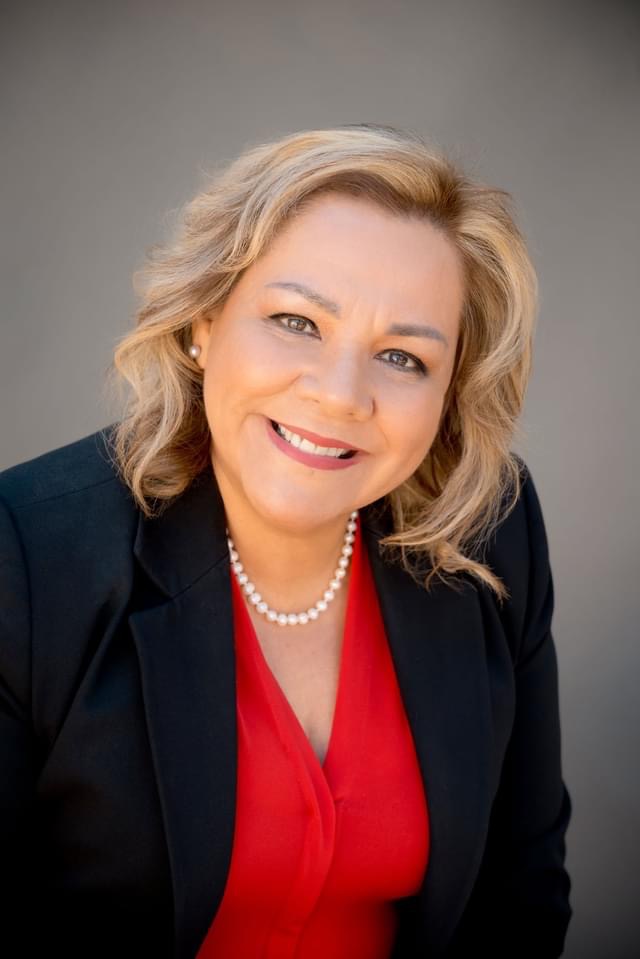Email: [email protected]

Buying a home is an exciting time. As you start to comb through listings and decide you’re ready to take the plunge to purchase, you’ll want to pursue getting pre-approved for a mortgage. This way, you'll know how much you're approved for and can shop for homes within your price range. Additionally, having a pre-approval boosts your chances of having your offer accepted once you’ve found a house you want to buy. If you aren't already pre-approved, this delays your ability to put in a bid, which means someone else may be the one moving into your dream home.
To get yourself qualified for a mortgage, it’s a good idea to shop around for rates. Many people find they do best with a credit union, however, there are some drawbacks you might want to consider before making your decision of the type of lender you want to work with.
Unlike traditional banks, credit unions aren’t open to everyone to use. To apply for a mortgage through a credit union, you’ll have to join as a member. The drawback is not just anyone can join. To qualify for membership, you’ll have to be affiliated with a specified organization or meet other designated criteria set by the credit union’s guidelines.
Many people find they are successfully able to locate a credit union they are eligible to join, but it’s not a given. To check to see if you meet the criteria for membership to a credit union near you, check MyCreditunion.gov.
Credit unions are community-based non-credit entities. As a result, most of them are geographically concentrated and operate with fewer branches than traditional banks. This means your options may be extremely limited if you want in-person service.
Having a physical branch to visit when you want to resolve problems is a convenience many people often want when working with a financial institution. Consider how important this access to your lender would be to you. If you’re comfortable with strictly phone contact or online options (which might also be limited, depending on the size of the credit union), in-person access may not be an issue for you.
Larger commercial banks typically have a broad range of financing options. While you might find a good rate at a credit union, you’ll typically find far fewer product offerings than you would at a larger bank.
Depending on your individual credit and financial standing, a credit union may not be able to offer you the best interest rates on a mortgage. Additionally, since they are smaller entities, they don’t always have nearly as much cash on hand as traditional banks, which means they might be limited in the number of mortgages they can approve at a given time.
When shopping for lenders to pre-approve you for a mortgage, you have many options between traditional banks, credit unions, mortgage banks and mortgage brokers. If you diligently do your homework, it’ll empower you to find a lender that can meet your financing needs.

You don’t need to do this alone. I am bilingual in English and Spanish, and I have been in the industry for over 20 years, after earning my degree in Business Management and successive studies in Human Resources and Technology. Never content to let my education lapse, I also received a certification in Negotiation Skills from Pepperdine University and attended courses at Stanford University. A leader in the field, I am a member of the Santa Clara Board of Realtors and served as a professional standards ombudsman for 8 years. I completed a term as the President of the National Hispanic Organization of Real Estate’s Santa Clara chapter in 2016, now serving as this organization’s National Vice President. I pursued additional in-depth training to achieve professional designations as an ABR (Accredited Buyer’s Representative), CRS (Certified Professional Specialist), and SRES (Seniors Real Estate Specialist), GREEN certification, and RCS-D (Divorce Real Estate Specialist). Far from being a meaningless alphabet soup, this demonstrates how proactive I am in pursuing the latest knowledge so that I completely prepared to satisfy all my sellers' and buyers' unique needs. I am committed to Excellence!